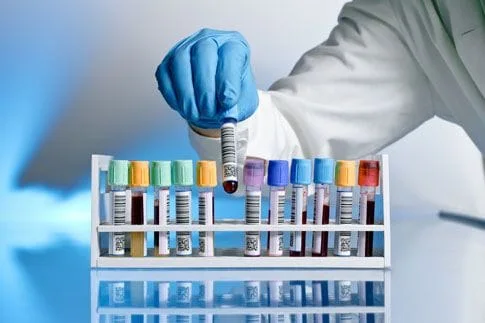Allergies are sneaky, and most people think about pollens, pets, or peanuts, especially when they hear the term mentioned. In addition, any food or airborne substance can become an allergen. Luckily, most people don't have allergies to everything, and many allergies are mild. Although, that can make them harder to diagnose unless you undergo testing. At A Family Practice & Wellness Center in Cartersville, GA, you can have allergy testing to see if foods or airborne substances contribute to your issues. Read below to discover how we can help with your symptoms.
New Allergies to Everyday Issues
Simply put, your immune system can decide that something you've been eating or breathing for a while isn't good for you, and it will start to attack that substance. It's frustrating but not that rare. For example, if you've experienced more pain and respiratory issues than before, you could have developed a low-grade allergy to something. An allergist can give you tests to figure out what's happening. Additionally, our chiropractor can give chiropractic and nutritional advice to generally mitigate allergy symptoms.
Nutritional Dietary Advice
Once you have a diagnosis and know what to avoid, you should seek the help of a chiropractor. Chiropractic treatment also often includes nutrition and health counseling, and you can discuss a new eating plan that gives you the nutrition you need without relying on the food you may have to cut out. In addition, if the allergy is airborne, you may have additional allergies to related substances.
How Chiropractic Care Can Help
Allergies are manageable, but you may need guidance. Your allergist and chiropractor can help you reconfigure your days and diet to promote health and get you away from the substances you're now allergic to.
For example, if you have muscle or joint pain, chiropractic treatment could lessen that problem and reduce your body's tendency to tense up. That can have a secondary benefit. If you're less tense, allergic reactions may seem easier to handle.
Treat Newly Developed Allergies at Family Practice & Wellness Center
A Family Practice & Wellness Center in Cartersville, GA, has appointments available to see a chiropractor. Call us at (770) 386-5262 to make an appointment. We would happily help you discover how chiropractic care can help your allergies.

